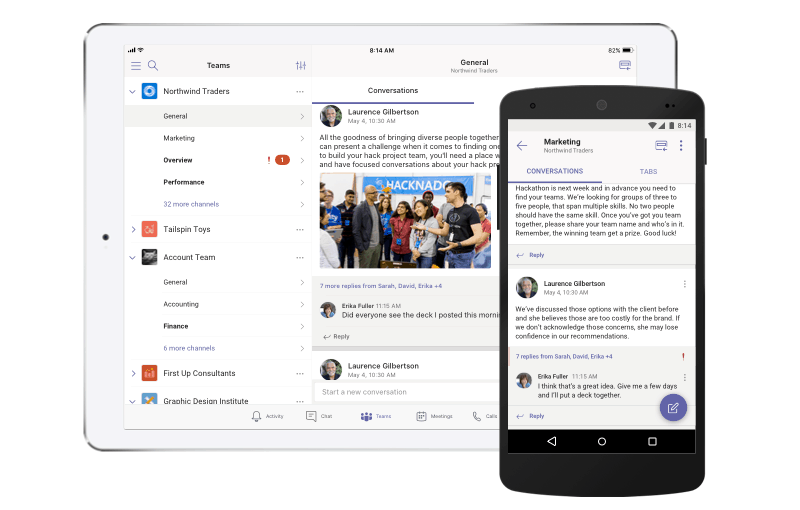With the changing face of working, organisations are engaging with each other, with customers and with partners in increasingly varied ways. With so many communication channels available – and with the added complication of remote and hybrid working – organisations can benefit from consolidating channels. This is where unified communications solutions are of benefit.
What Is Unified Communications?
In simple terms, unified communications are connected communication and collaboration platforms to enable the most efficient interaction without compromising on flexibility.
Unified communications solutions break down barriers and allow access to information regardless of where users are working. And beyond messaging solutions (as with email), unified communication solutions support file sharing, video conferencing, team collaboration, voice and video calling and more.
Benefits Of Unified Communications
With so many communication platforms and methods available (many of which are tailored to specific audiences such as customers, partners, colleagues etc), your users can lose time simply trying to keep up with all of the various platforms.
In turn, this risks important messages being missed or work becoming fragmented and siloed.
With the right unified communications platform, information becomes centralised, with users accessing data from multiple communication platforms from a single application.
Not only does this save time (even in terms of logging in and out of platforms), it means messaging doesn’t exist in isolation. So you can put together a customer email request with an order placed in your CRM system, and then see their positive reflection about your service on social media – all from one location
Other benefits of unified communications include:
- Reduced costs: Most unified communications solutions operate on the cloud, so businesses can shift away from in-house solutions. Cloud-based calling platforms are also significantly cheaper than traditional phone systems and far more flexible to boot.
- Improved productivity: Users can obtain all information they require from any device that is convenient to them. And having all information in one place allows them to work faster.
- Increased employee engagement: Having a central platform for all communications means that it’s easier to reach all employees with key messages.
- Improved performance: Centralised communication means all information is immediately available, so issues can be resolved quickly. This means organisations can provide better service and improved customer retention as a result.
What To Consider When Adopting Unified Communications Solutions
Before implementing a unified communications system in your organisation, it’s essential to make sure that your chosen solution can either integrate with your existing communication applications – or effectively replace all of them. There’s no point in adopting a solution that leaves gaps in your communications, so your solution must be complete.
It’s also important to make sure that your provider offers full migration support and up-to-date features. The speed of technology is fast, so you’ll want to ensure your investment keeps pace. You’ll also want to be sure of regular security patching – there can’t be weaknesses in your main platform for communication.
Above all, your solution needs to be easy to use for users. Adding unnecessary layers of complexity to communicating will see users return to old habits or easier solutions, thereby losing the benefits of a unified system.
Akita offers a range of unified communications solutions, tailored to requirements and audiences.
If you’re looking to streamline your operations and workplace communication methods, please get in touch with our consultants:
Contact Us




